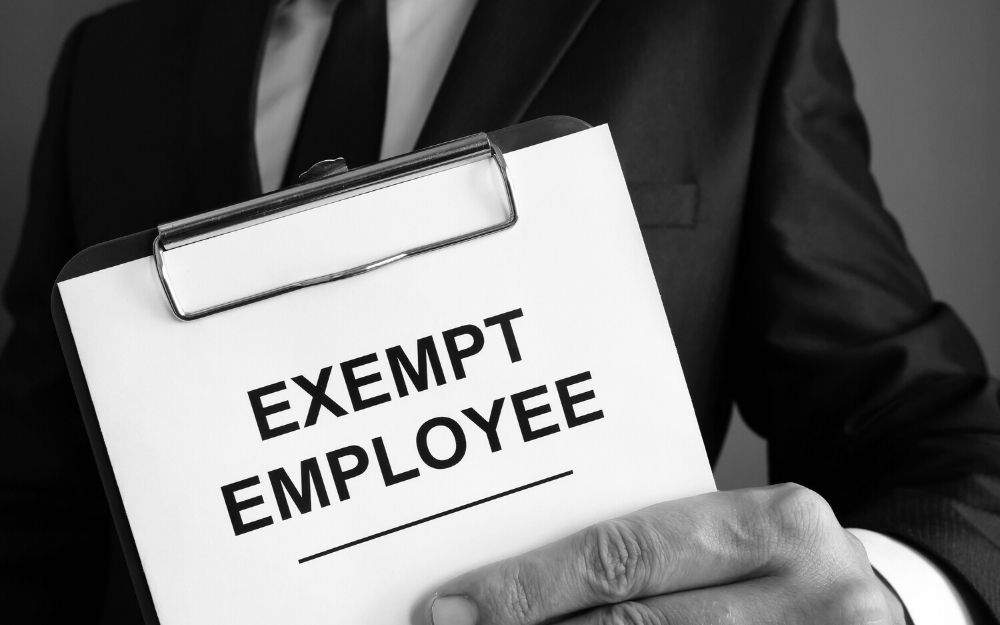
The Queensland Industrial Relations Commission (QIRC) recently rejected appeals from two Queensland Health employees against decisions to deny the employees’ religious exemption requests in response to mandatory COVID-19 vaccination requirements.
In its decisions in Slykerman v State of Queensland (Queensland Health) [2022] QIRC 039 (Slykerman) and Edwards v State of Queensland (Queensland Health) [2022] QIRC 091 (Edwards), the QIRC weighed ‘personal beliefs and freedoms’ against ‘the greater good of the community’ and found in favour of the health and safety of its employees and the community.
Facts and Decision
Slykerman and Edwards were employed by Queensland Health at the Torres and Cape Hospital and Health Service.
On 11 September 2021, Queensland Health issued the Health Employment Directive No. 12/21 – Employee COVID-19 vaccination requirements (the “Directive”). The Directive required employees to receive a COVID-19 vaccination on specified dates.
The Directive also provided that an exemption from the requirement may be granted where an employee:
- has a recognised medical contraindication; or
- a genuinely held religious belief; or
- in other exceptional circumstances.
Slykerman and Edwards applied for exemptions on the basis of religious belief and provided letters from their church pastor in support of their exemption applications.
The employer rejected both applications.
Slykerman’s exemption application was based on a genuinely held religious belief as a practising Christian. She provided a personal letter setting out that her Christian faith did not condone abortion, and asserted an association between the vaccines and a product known as ‘MRC-5’ which meant that she could not take any of the vaccines available. In rejecting her application, the employer also considered previous correspondence from Slykerman which referred to a variety of statutes and conventions.
In rejecting her appeal, the QIRC noted that Slykerman’s concerns were religious and about the efficacy of vaccines. The QIRC found that Slykerman’s religious beliefs were not cast aside without consideration or recognition. It was “simply that, in these unprecedented times, difficult choices must be taken that require weighing personal beliefs and freedoms against the greater good of the community.”
Edwards’ exemption application was also based on religious belief to love herself as her neighbour, and expressed concerns about the safety of vaccines and provided a letter from her Pastor. In rejecting her appeal, the QIRC noted that the grounds of appeal and submissions indicated that Edwards objected to the COVID-19 vaccine primarily on other grounds. It found that Edwards’ position could reasonably be considered as ‘vaccine hesitant’ and while this hesitancy may be based upon genuinely held views, the employer was not required to accept those views. The QIRC found that the process adopted was fair and reasonable and the decision demonstrated that the employer “considered the Appellant’s application for exemption on the basis of her genuinely held religious belief along with her broader opposition to the vaccination requirements of the Directive.”
Key Takeaways
For employers considering vaccination exemption requests, it is important to be able to show that the exemption request was considered against the requirements of any health directive/policy and weighed up against the health and safety of its employees and others. For a decision to be unreasonable, it must lack justification.
In regard to a request for an exemption on the basis of a genuinely held religious belief, if an employee has a broader opposition to any vaccination requirements, this may be sufficient to deny an employee’s request.
It is apparent from these and other decisions of the Fair Work Commission that the Commission will likely take a more conservative approach in upholding an employer’s decision to deny exemptions or to enforce vaccination mandates, in favour of the health and safety of others over the personal beliefs and freedoms of individuals.
If you need advice regarding vaccination requirements in your workplace, please do not hesitate to contact our Toowoomba Employment Lawyer on 1300 068 736.
This publication has been carefully prepared, but it has been written in brief and general terms and should be viewed as broad guidance only. It does not purport to be comprehensive or to render advice. No one should rely on the information contained in this publication without first obtaining professional advice relevant to their own specific situation.




